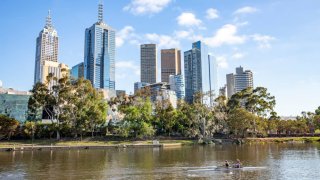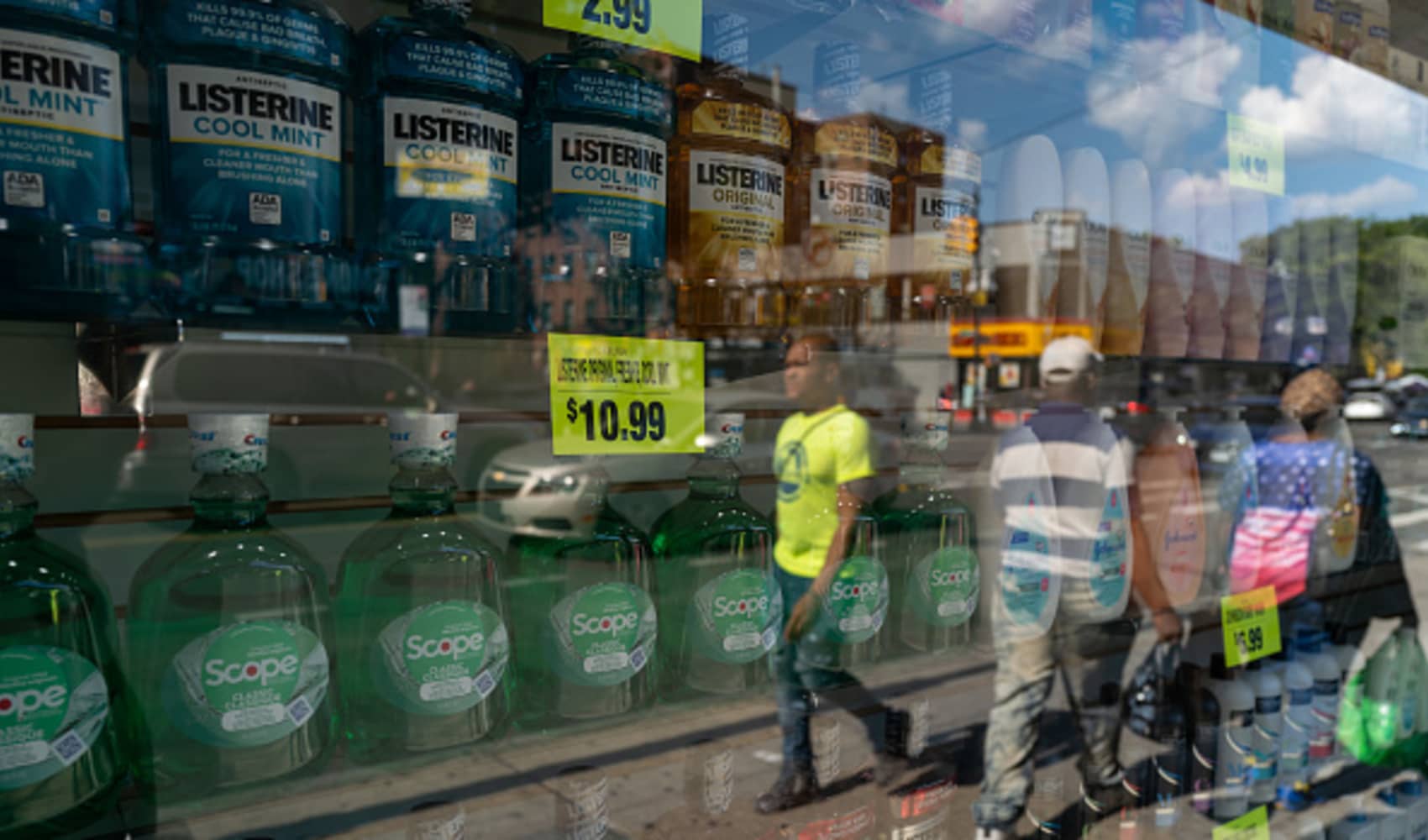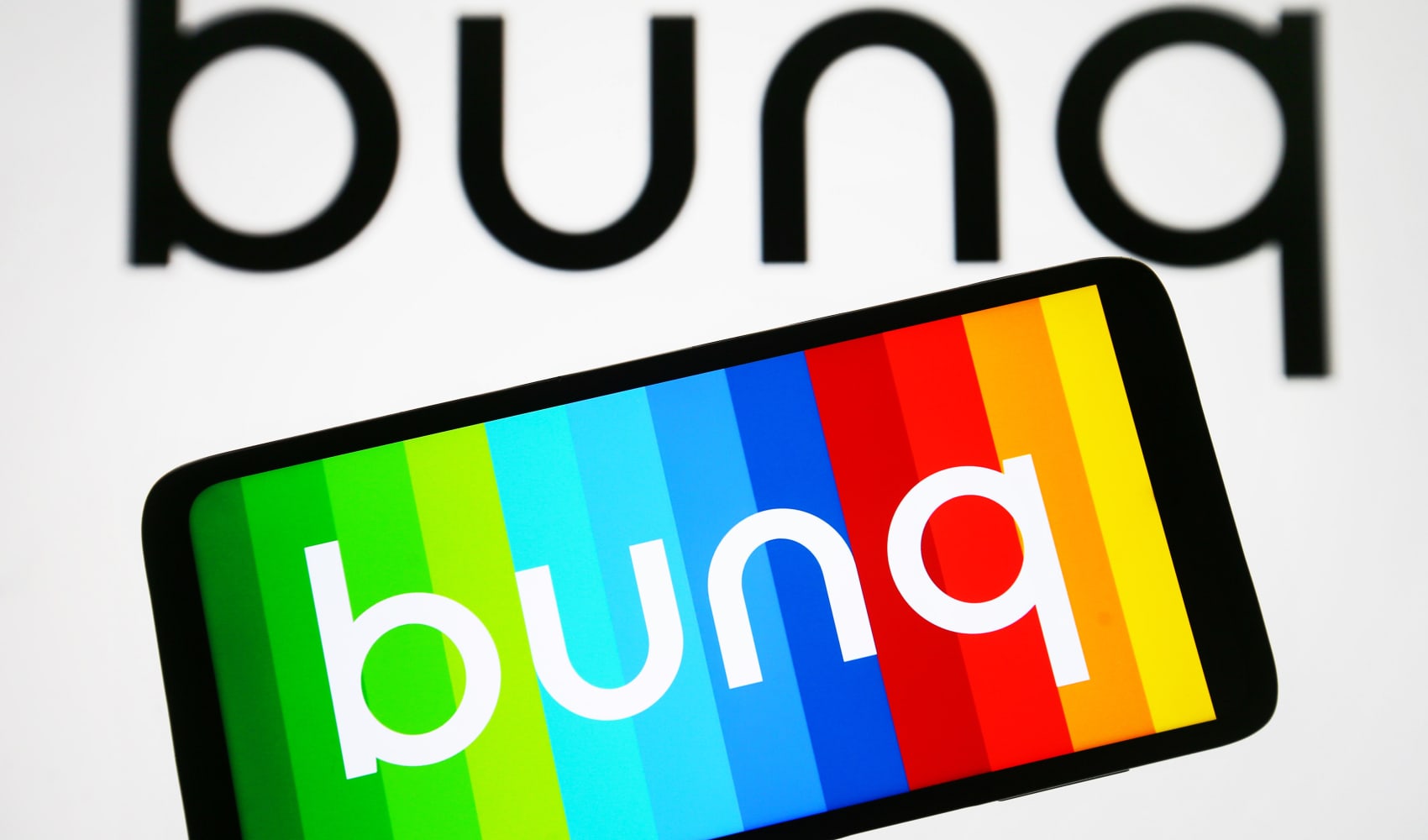
- China's central bank left its one-year and five-year loan prime rates unchanged at 3.35% and 3.85% respectively, in line with expectations.
- Minutes of the Reserve Bank of Australia's August meeting revealed that the central bank considers a rate cut in the short term as "unlikely."
Asia-Pacific markets were mostly up on Tuesday, tracking a Wall Street rally overnight, while investors also assessed minutes of the Reserve Bank of Australia's latest meeting.
The region was led by Japan's Nikkei 225, which gained 1.8% to 38,062.92, powered by utilities and healthcare stocks. The broad-based Topix was up 1.11% and closed at 2,670.54.
China's loan prime rates were held at 3.35% for the one-year LPR and 3.85% for the five-year LPR, in line with expectations from a Reuters poll of economists.
The Hurricane season is on. Our meteorologists are ready. Sign up for the NBC 6 Weather newsletter to get the latest forecast in your inbox.
The one-year LPR acts as the benchmark for most corporate loans, and the five-year LPR serves as a reference rate for mortgages.
Minutes from the Reserve Bank of Australia's August meeting were released on Tuesday. At the meeting, the bank kept its benchmark interest rate at 4.35%, but noted that inflation remained "above target" and was "proving persistent."
The central bank said in its release that the board members had considered the case for raising the interest rate, but decided to leave it unchanged as the flow of data since the previous meeting "had not been sufficient to warrant a change in the stance of monetary policy. "
However, the RBA warned that it was "unlikely" that rates would be reduced in the short term, adding that "it was not possible to either rule in or rule out future changes in the cash rate target."
Money Report
South Korea's Kospi was 0.83% higher, ending at 2,696.63, and the small-cap Kosdaq saw a larger gain of 1.28% to 787.44.
The country's consumer sentiment in August retreated from a two year high of 103.6, coming in at 100.8, with South Korean media outlet Yonhap reporting that this was "due to U.S. recession woes and the subsequent stock market rout." A figure above 100 indicates that optimists outnumber pessimists.
Australia's S&P/ASX 200 climbed 0.22% after the RBA release, ending the day at 7,997.7. The index briefly crossed the 8,000 mark during the session, the first time since the Aug. 2 meltdown in Asia.
However, Hong Kong's Hang Seng index was down 0.50% as of its final hour of trade, while mainland China's CSI 300 fell 0.72% to end at 3,332.7, snapping a three day winning streak.
Shares of real estate firm Kaisa dropped 1.9% to 10.15 Hong Kong cents after jumping as much as 14% as the company announced a debt restructuring agreement, consisting of an issue of $5 billion in senior notes and $4.8 billion in mandatory convertible bonds.
In the U.S., all three major indexes advanced, with the S&P 500 and Nasdaq notching their eighth straight winning day.
The Dow Jones Industrial Average added 0.58%, while the S&P 500 rose 0.97%. The tech-heavy Nasdaq Composite jumped 1.39%.
—CNBC's Alex Harring and Samantha Subin contributed to this report.






